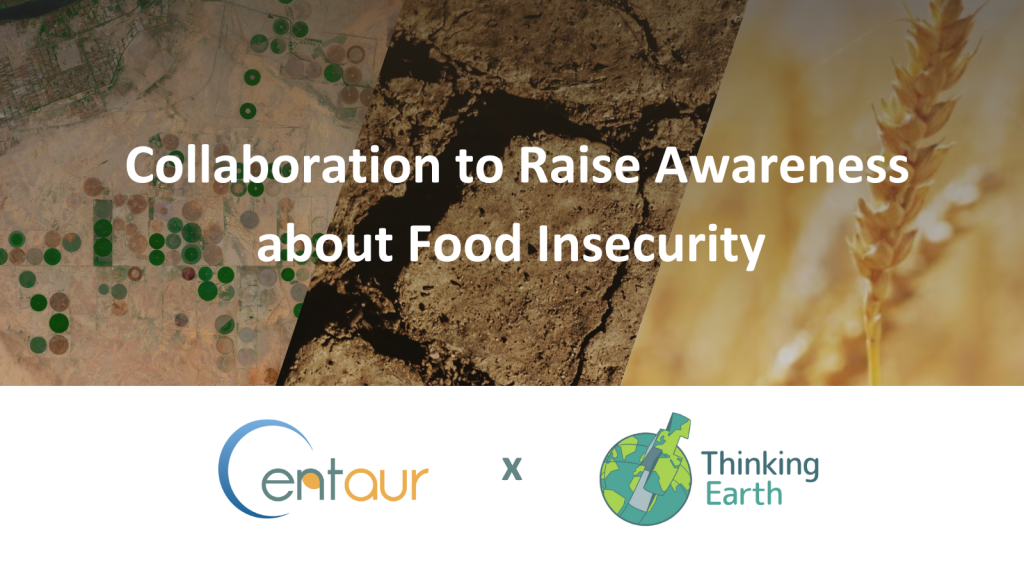
According to the State of Food Security and Nutrition in the World (SOFI) 2023 report, up to 757 million people faced chronic hunger in 2023. Meanwhile, the World Food Programme (WFP) estimated that 343 million people were facing acute food insecurity as of November 2024, across 74 countries. Key drivers of this crisis include armed conflict, political instability, and the consequences of climate change such as longer and more intense droughts, which severely disrupts food production, especially in already vulnerable regions.
The CENTAUR Horizon Europe project is addressing these challenges leveraging Earth Observation free and open data from Copernicus as well as other ancillary datasets. An example of our work in agricultural drought monitoring, include the development of innovative indicators which allow to monitor and forecast drought risk across vulnerable regions such as Somalia, Mali, and Mozambique.
Nevertheless, the project goes beyond monitoring. CENTAUR has also developed models to anticipate the broader societal impacts of drought. Two innovative indexes, the Drought Conflict Prediction Index (DCPI) and the Drought Displacement Prediction Index (DDPI), are meant to enable stakeholders to forecast potential conflicts and population displacements linked to drought.
Recently the CENTAUR team started a collaboration with ThinkingEarth, another Horizon Europe initiative to raise awareness on food security and how Artificial Intelligence and EO technologies can support its monitoring.
Among other things, ThinkingEarth aims to address certain shortcomings related to estimating food insecurity in different countries (e.g., limited information on its causes and how different factors interact with each other). To address these issues, they plan to use causal Machine Learning inference and representation methods, combined with Copernicus EO data and socioeconomic indicators, ultimately helping to evaluate the effectiveness and risks of different interventions.
Together, CENTAUR and ThinkingEarth are showcasing the power of Copernicus Earth Observation data to build solutions for monitoring and addressing food security. Their joint efforts are not only meant to help humanitarian actors and policymakers respond faster but also anticipate and reduce the impact of future crises.
To stay informed and support this mission, follow CENTAUR on LinkedIn, X, BlueSky and subscribe to our newsletter, and follow ThinkingEarth’s updates through their communication channels.

